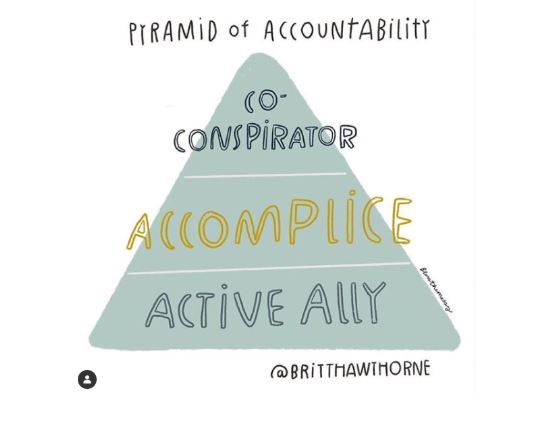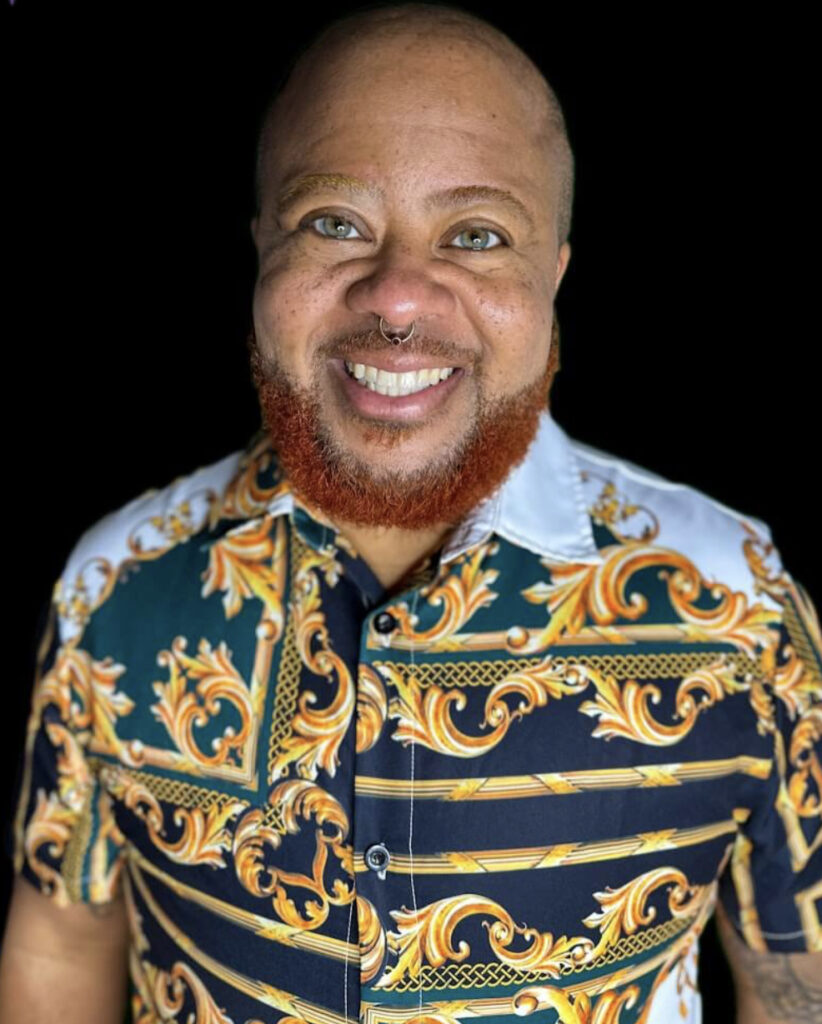A team of faculty, staff and students have created an anti-racist resource document with the intention that these resources will be an accessible means for each of us to find ways to engage in anti-racist actions. Click here for the link. Of note, this is a list that will continue to grow and change.
In constructing the sections for this list, we have kept in mind that there are multiple entry points for people to engage in anti-racism efforts. This is also particularly important during this pandemic as some of us may not be able to engage in certain events due to health concerns, loss of wages, family commitments, etc. Subsequently, you will find that there are sections of this document dedicated to our own self-education and educating our families about racism and anti-racism. There are also sections with references to active anti-racist organizations for those who would like to volunteer, donate, or support these organizations in other ways. We have separated these organizations into national, state, and local categories so that it is easier to identify those that are working within each sphere of influence. There are also sections dedicated to different kinds of events (e.g., demonstrations or marches, fundraising opportunities). Brief descriptions have been added to assist in identifying areas relevant to each resource (e.g., education, policing, history of racism in the United States).
Resources within the document have come from other resources lists, personal recommendations, and also from speakers from our own events. For example, we have included resources mentioned from our speakers during our recent webinar, “Re-Imagining Community Safety: How We Can Move Beyond Policing.”
This resource list is a work in progress and will continue to be as we learn more about organizations doing anti-racist work and events. It is also important to note that as we learn more about different organizations we may remove or add information about questions about organizations. For example, there was criticism about the research behind the 8 Can’t Wait project. In the resource document, we have added this link about the reasons for this criticism and a note about the letter of response on the project’s website.
We encourage members of our community to share resources and events that we can add to this document. At this time, we are updating the document once a month but hope to develop a system where updates will occur more regularly. If you do want to share information that we could include in the resource document or have any other suggestions, please email kmalley@unc.edu.
Finally, as many scholars have pointed out, it is also not enough to simply engage in self-work but we must also take actions that help dismantle white supremacy and liberate Black and Brown lives. This may look different for each of us but it is critical for our work as social workers, educators, and as friends, colleagues, classmates, family members, and fellow humans. We hope that this document will be helpful as we all move forward.
“Talk. Please talk and talk and talk some more. But also act. Act now, because people are dying now in this unjust system. How many lives have been ground up by racial prejudice and hate? How many opportunities have we already lost? Act and talk and learn and [mess] up and learn some more and act and do better. We have to do this all at once. We have to learn and fight at the same time. Because people have been waiting far too long for their change to live as equals in this society.” – Ijeoma Oluo, So You Want to Talk About Race

